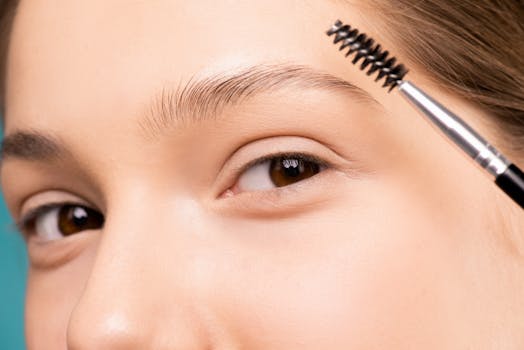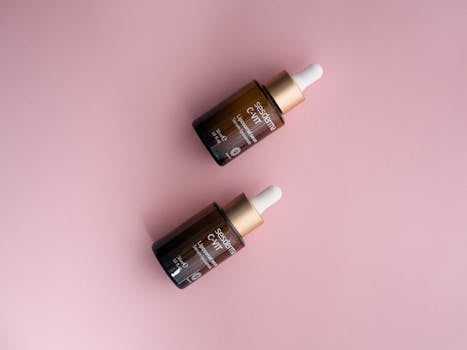
Understanding Luminous Skin

Luminous skin is often described as radiant, glowing, and youthful. It reflects light beautifully, giving the appearance of health and vitality. Achieving this look is a combination of proper skincare, hydration, and sometimes, lifestyle adjustments.
Essential Skincare Products for Radiance

To achieve luminous skin, you need to incorporate specific skincare products into your routine:
- Exfoliators: Regular exfoliation removes dead skin cells, allowing fresh skin to surface.
- Moisturizers: Hydrated skin is crucial for a radiant appearance. Look for products with hyaluronic acid or glycerin.
- Serums: Vitamin C serums can brighten the skin and improve overall tone.
- Sunscreen: Protecting your skin from UV rays is essential to prevent dullness and pigmentation.
Natural Remedies for Glowing Skin

In addition to commercial products, several natural remedies can enhance skin radiance:
- Honey: A natural humectant, honey helps retain moisture and adds a glow.
- Aloe Vera: Known for its soothing properties, aloe vera can also promote a radiant complexion.
- Lemon Juice: This natural astringent can brighten the skin, but use it sparingly and always with sunscreen.
The Role of Diet in Skin Health

Your diet plays a significant role in the appearance of your skin. Foods rich in antioxidants, vitamins, and healthy fats can promote skin radiance:
- Fruits and Vegetables: Incorporate a variety of colorful produce to provide essential nutrients.
- Healthy Fats: Avocados, nuts, and olive oil can nourish your skin from within.
- Hydration: Drink plenty of water to keep your skin hydrated and flush out toxins.
Lifestyle Tips for a Radiant Complexion

Finally, your lifestyle choices can significantly impact your skin:
- Sleep: Aim for 7-8 hours of quality sleep each night to allow your skin to repair.
- Exercise: Regular physical activity increases blood circulation, giving your skin a natural glow.
- Stress Management: Incorporating relaxation techniques like yoga or meditation can help reduce stress, which often shows up on the skin.



